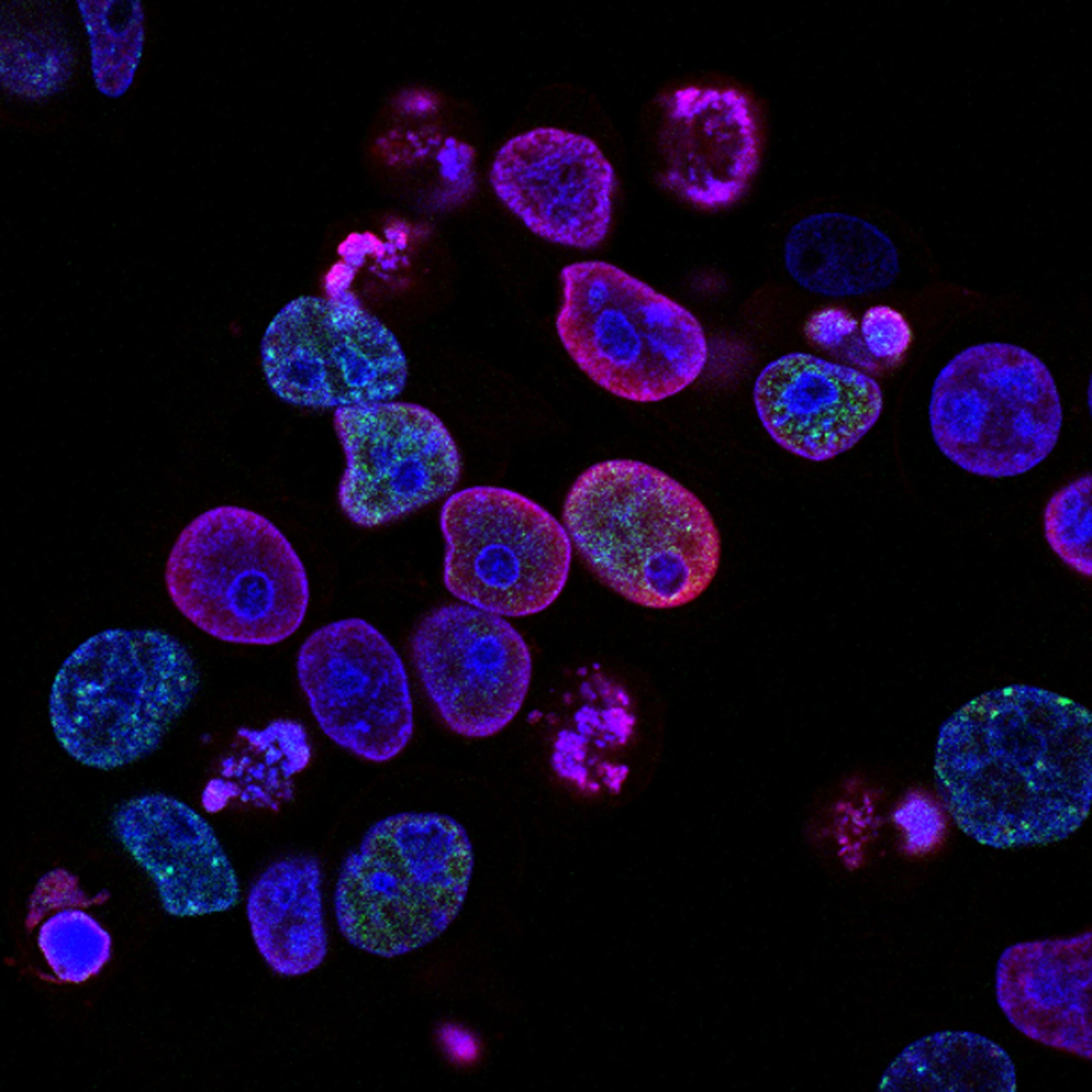Colorectal cancer, also known as colon cancer or rectal cancer, is a type of cancer that affects the colon or rectum. It is the third most common cancer in the United States, with an estimated 149,500 new cases and 52,980 deaths in 2021, according to the American Cancer Society.
One of the most important things you can do to prevent colorectal cancer is to get screened regularly. The U.S. Preventive Services Task Force recommends that people at average risk for colorectal cancer begin regular screening at age 50, while those at higher risk may need to start earlier or be screened more frequently.
There are several different types of screening tests available, including colonoscopy, fecal immunochemical tests, and stool DNA tests. Colonoscopy is considered the gold standard of colorectal cancer screening, as it allows doctors to look inside the colon and remove any polyps or abnormal tissue that may be cancerous.
In addition to screening, there are several lifestyle changes you can make to reduce your risk of colorectal cancer. These include maintaining a healthy weight, staying physically active, eating a balanced diet with plenty of fruits and vegetables, and limiting your consumption of red and processed meats.
If you do receive a diagnosis of colorectal cancer, there are a variety of treatment options available, including surgery, radiation therapy, chemotherapy, and targeted therapy. The choice of treatment will depend on the stage and location of the cancer, as well as the patient’s overall health and preferences.
In conclusion, colorectal cancer is a common and potentially deadly disease, but it can often be prevented or detected early through regular screening. By adopting healthy lifestyle habits and getting screened as recommended, you can significantly reduce your risk of developing this disease. If you do receive a diagnosis of colorectal cancer, there are effective treatments available that can help you fight the disease and improve your quality of life.




